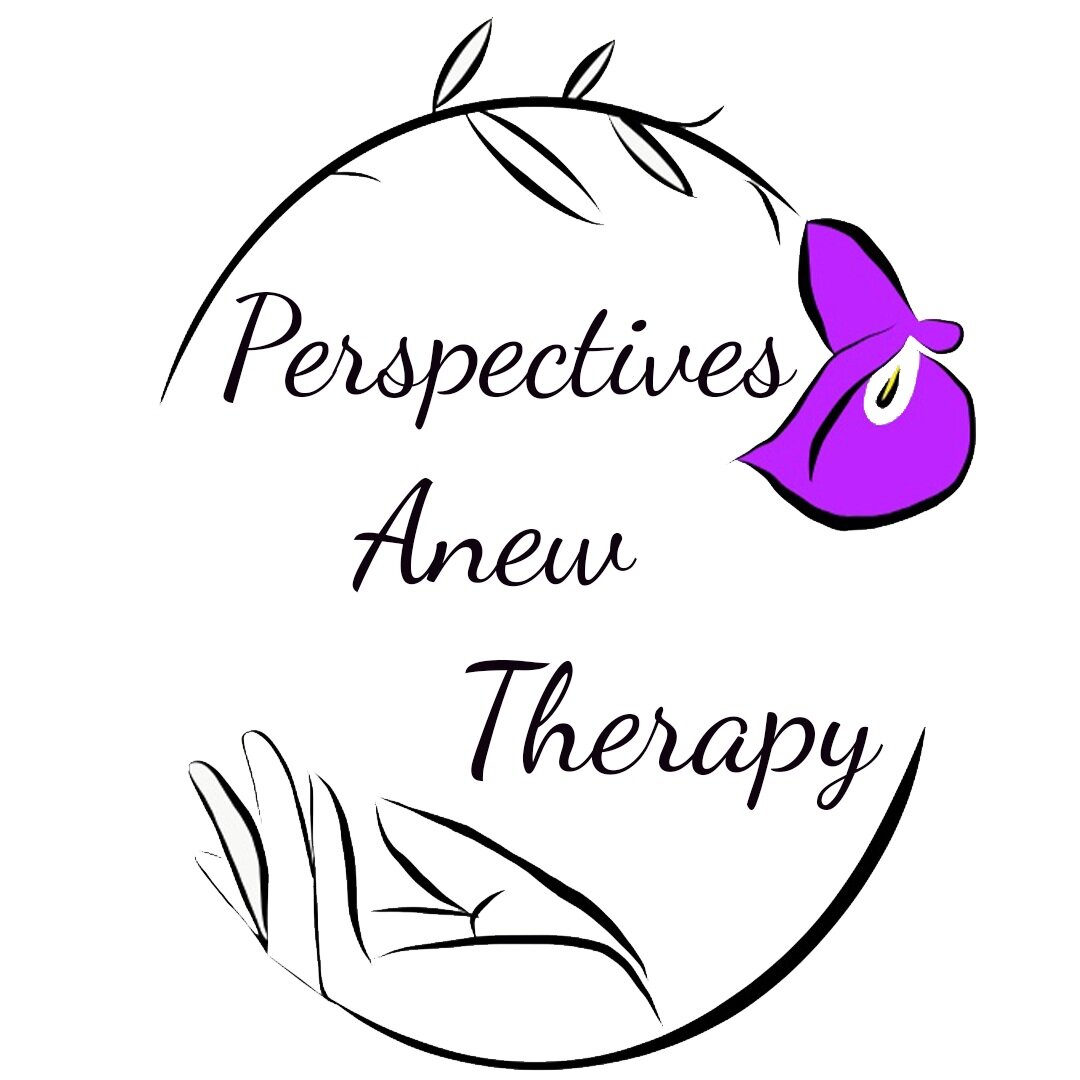New Year’s Resolutions and Goal Setting
Happy New Year!
It is a time for new beginnings, goals, and visions. People buy planners, health supplements are on sale, and over 12% of gym memberships are purchased in January.
Having a fresh start in the year can bring momentum for people who want change in some area of their lives. However, New Year's Resolutions are notorious for being abandoned by the second Friday of January, specifically "Quitters Day".
Why is it easy to set goals but not achieve them?
We can answer this question by exploring what goal setting does to our brains. Our brain is made up of "highways" called neuropathways. These "highways" are made up of neurons that have repeatedly connected in our brains. Habits are formed by the repetition of experiences and the stimulated response. We all know how difficult it can be to break a habit.
So, when we set a goal, we either want to break down, build on, or change a neural pathway. But how can we stop this cycle of setting goals and not taking action? Well, it’s not just behavior modification; we are adapting our brains to change! This is called neuroplasticity. Neuroplasticity is the brain's ability to adapt and be flexible throughout life, not just in childhood. This helps us overcome new challenges, implement changes, and build new habits and thought processes. Therefore, working towards a goal starts in our brain and consists of “our will” and “our way”.
Our will is our motivation for making a change for a positive outcome or our motivation to avoid negative ones. Our motivation to change is influenced by various factors and rewards. Our way consists of the abilities available to achieve this goal. This can be the provision that we need to achieve those goals, for instance, skills or finances. Our behavior is tied to cues, which, when repeated, ultimately form a habit that requires less executive functioning "brain power".
Think of it like this; you want to wake up earlier this year because you rush to work each morning. You usually go to bed around 2:00 AM after scrolling on social media. Your brain and your body are already set to the nighttime routine that you have. It's morning and you hit snooze to that earlier alarm on your phone right by your bed maybe a few times and go back to sleep. You’ve created a habit with cues that facilitate the response; scroll, sleep late, alarm, snooze, sleep, rushing to work.
Let’s say you wake up in the morning and your phone isn’t by your bed but on the other side of the room, you now have to get out of bed to turn off the alarm. Physically getting up at the time of your alarm is a different behavior that interrupts the neuropathway tied to your snoozing routine, this is the “way”. Now you have a choice, you can get up or go back to bed, this is where our “will” comes in—our internal motivation to act on this change.
What if I don’t feel motivated but know I want to change?
There are 4 types of behavior; low motivation/low skill, low motivation/high skill, high motivation/high skill, and high motivation/high skill. These behaviors take less of our will and more of the way or more of our will and less of our way, and some take a similar amount of both. If we make a goal practical, easy, and pleasant, we can build on our “will” to do it. We can influence "our way" to increase our will!
Let's go back to waking up earlier.
Let's say you decide to sleep at 1:30 AM instead, this is practical, we're only aiming for 30 minutes earlier. Now, you put your phone across the room, we've made it easier to get up since you have to turn off the alarm. Then, let's say you will get yourself a coffee on the go since you have a bit more time this morning. You set yourself up to sleep earlier, have more time to get ready, and even add a reward (something pleasant) to your morning. Let's say we do this consistently for 3 months (about the time a full habit can take to form), this routine will be your new normal and you won't need as much motivation or "brain power" since the habit has formed. From here we can subtract another 30 minutes and go to bed at 1:00 if you'd like. Pacing yourself is important, as you want to maintain this process practical, easy, and pleasant. Pushing yourself too far too fast can make for unsustainable progress and burnout.
"Slow and steady win the race" - Aesop.
Best wishes to all for 2025!
Source: The National Library of Medicine
